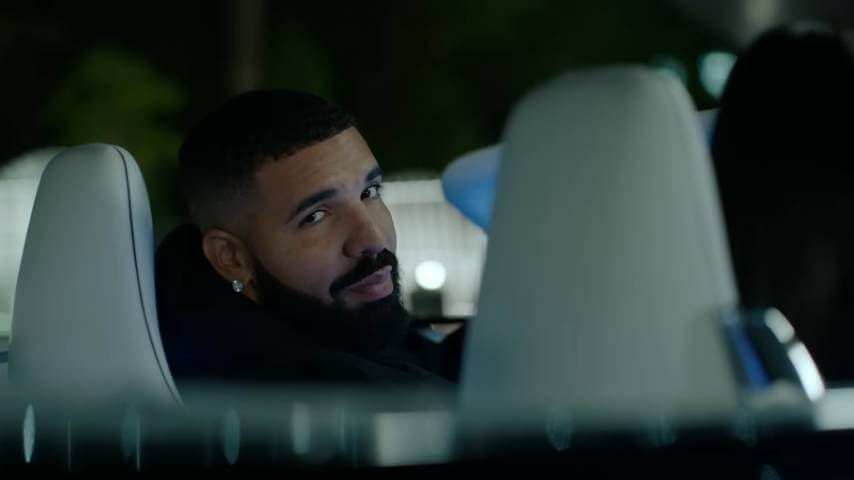UPDATED: Drake accuses UMG of tricking people into liking Kendrick Lamar
After losing in the court of public opinion, Drake is moving his beef with Kendrick Lamar to the actual court.
Screenshot: YouTube
After keeping a relatively low profile following his very public feud with Kendrick Lamar, Drake emerged days after the release of Lamar’s surprise album, GNX, to accuse Universal Music Group (UMG) of tricking people into thinking Kendrick Lamar was a well-liked, popular rapper. Per Billboard, Drake accuses UMG of artificially inflating Lamar’s “Not Like Us” to “deceive consumers into believing the song was more popular than it was in reality.” Drake is resorting to a classic ingredient of any well-marinated rap beef: When the chips are down, accuse the opponent of cheating.
Drake hasn’t officially sued UMG. The filing is a “pre-action” petition, a New York law designed for information gathering before filing a lawsuit. The petition outlines a “scheme” by UMG and Spotify to make “Not Like Us” a perceived hit. It was a quid pro quo in which UMG received reduced listening rates on “Not Like Us” in exchange for increased recommendations, potentially for “unrelated songs and artists.” The “scheme” also included UMG paying influencers to post the song on social media and hiring an army of bots to pretend people liked the song. Even Apple was catching strays. Although Drake’s lawyers did not name Apple in the petition, his team believes Siri would “purposely misdirect users” to “Not Like Us,” namely because Siri couldn’t tell the difference between a “Certified Loverboy” and a “certified pedophile.” “Online sources” claim that when users asked Siri to play the Drake song “Certified Loverboy,” Siri would play “Not Like Us” because it contained the lyric alleging Drake is a pedophile. However, while Apple and Spotify are mentioned in the filing, Drake’s lawyers are only targeting UMG.
While this whole thing reeks of self-own, in which Drake is now trying to prove in a court of law that people like him more than Kendrick Lamar, two things can be true. It is a classic corncobbing, and it’s also possible that UMG and Spotify made a payola deal to promote the song. However, they also accuse UMG of violating the RICO Act, a favorite of gangster and Batman movies, but also, in reality, for organized crime cases.
“UMG did not rely on chance, or even ordinary business practices,” Drake’s attorneys write. “It instead launched a campaign to manipulate and saturate the streaming services and airwaves.”
 Keep scrolling for more great stories.
Keep scrolling for more great stories.
